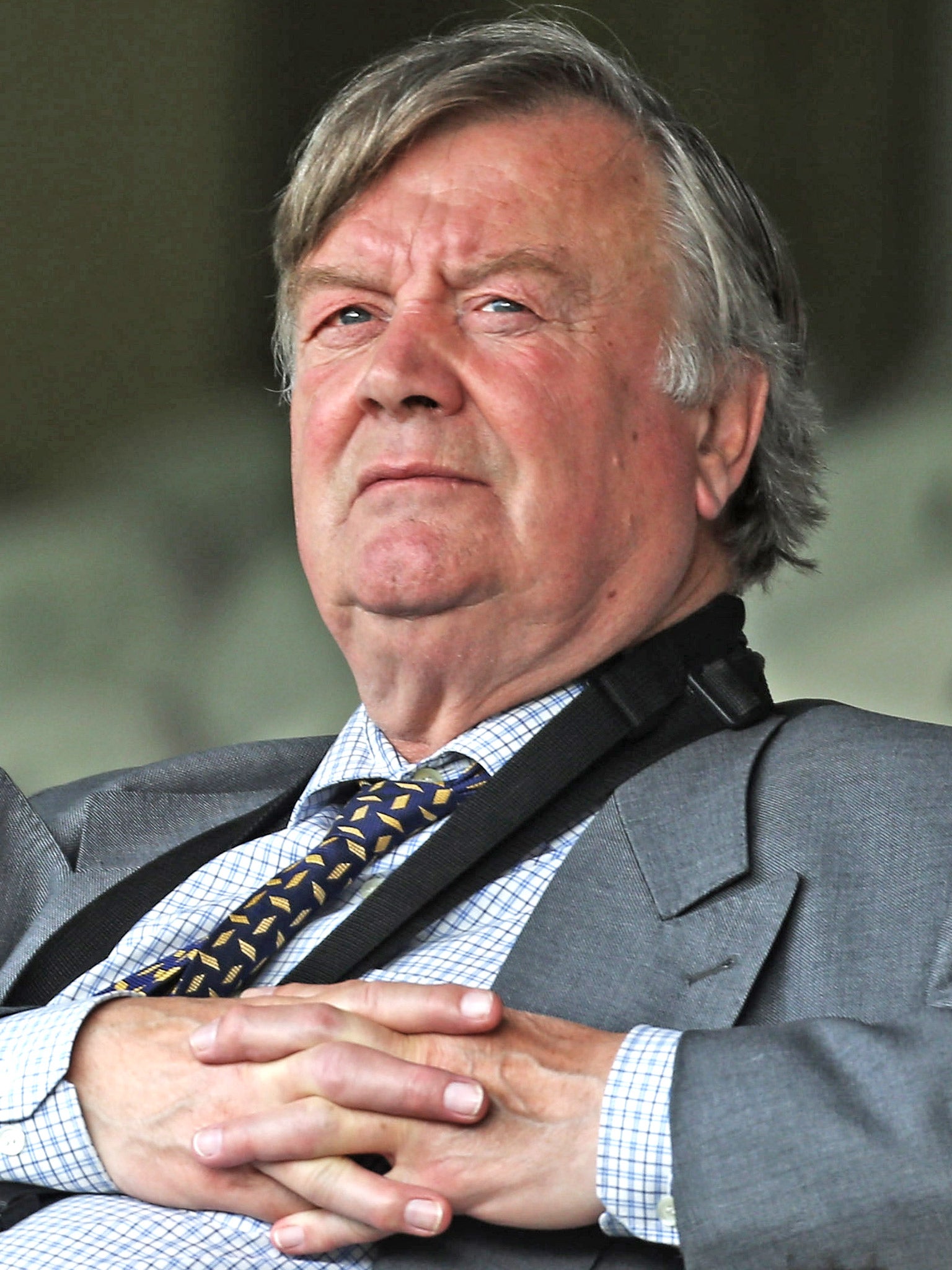Kenneth Clarke’s legacy: first fall in prisoner numbers since 1990s

The prison population has fallen by almost 3,000 since the start of last year, reversing a trend dating back to the 1990s, it has been revealed.
A total of 83,909 people are currently locked up in England and Wales – a drop of 2,869 since 1 January, 2012.
Numbers behind bars have been dropping at the rate of nine per day since peaking last spring.
The last time the prison population was lower at the beginning of a year than 12 months earlier was on January 1, 2000 – and that was a blip in a remorseless rise.
The drop has been accompanied by a sharp fall in recorded crime, confounding the conventional wisdom that levels of law-breaking tend to rise in times of economic hardship.
Some of the fall in prison numbers – but far from all of it – is explained by people jailed for their part in the 2011 riots being released.
Frances Crook, the chief executive of the Howard League for Penal Reform, said Kenneth Clarke, the former Justice Secretary, could take “credit” for the drop. Mr Clarke had promoted the idea of a “rehabilitation revolution” to try to tackle the causes of offending because too many inmates were locked into a cycle of crime and prison. His proposal to cut sentences by half in the event of an early guilty plea to help cut prison numbers upset many on the Tory right. Mr Clarke was replaced in a reshuffle by Chris Grayling in September.
“This is the result of two years of concerted leadership from a Justice Secretary who talked down the use of prison,” said Ms Crook. She added that it “remained to be seen” whether the trend would continue under Mr Grayling who takes a more hardline approach to sentencing.
The fall is good news for the Chancellor George Osborne who would have been forced to pay for new jails had the prison population risen.
Senior government figures have also expressed delight over a fall of more than 10 per cent between 2010 and 2012 in numbers of recorded offences. It includes drops of 22 per cent for robbery, 13 per cent for burglary, six per cent for car crime and seven per cent for violent crime.
One Whitehall source told The Independent: “The figures have not behaved as we had expected and prepared for. We have been waiting for crime to start rising again and it simply hasn’t happened.”
Criminologists said improved security, making it more difficult to break into homes and cars, as well as increased numbers of CCTV cameras were part of the explanation.
Some experts also believe people may be now reacting to economic pressure by drinking, suicide, self-harm and unrecorded domestic violence rather than law-breaking.
Richard Garside, the director of the Centre for Crime and Justice Studies in London, said: “There is no iron law that says recession equals more crime or prosperity equals less crime.”
Ken Clarke on...
Rehabilitation revolution
“If prison is just a warehouse in which you keep people and then release them without guidance, it’s hardly surprising that half of them will be back within 12 months.”
Mandatory sentences
“The idea that mandatory sentences apply to certain types of offence, to children, is a bit of a leap for the judicial system.”
Chris Grayling on...
Rehabilitation revolution
“ I want them to be met at the prison gate, to have someone who knows where they are, what they are doing, and can be a wise friend to prevent them from reoffending.”
Mandatory sentences
“When somebody behaves in an aggressive way with a knife, they should and will go to jail.”
Join our commenting forum
Join thought-provoking conversations, follow other Independent readers and see their replies
Comments
Bookmark popover
Removed from bookmarks